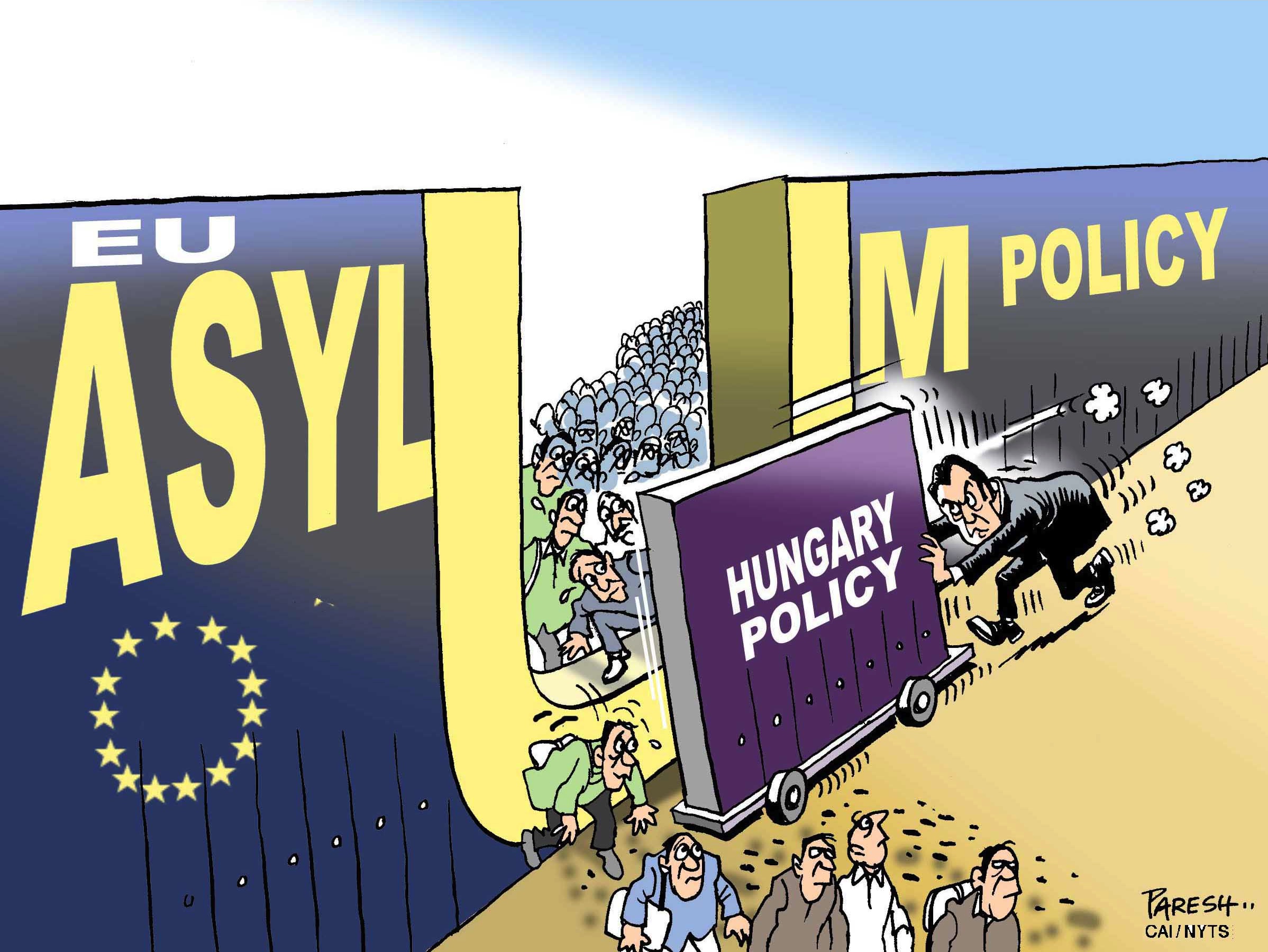As thousands of refugees pour into Europe to escape the horrors of war, with many dying along the way, a different sort of tragedy has played out in many of the European Union's newest member states. The states known collectively as "Eastern Europe," including my native Poland, have revealed themselves to be intolerant, illiberal, xenophobic and incapable of remembering the spirit of solidarity that carried them to freedom a quarter-century ago.
These are the same societies that clamored before and after the fall of communism for a "return to Europe," proudly proclaiming that they shared its values. But what did they think Europe stands for? Since 1989 — and particularly since 2004, when they joined the EU — they have benefited from massive financial transfers in the form of European structural and cohesion funds. Today, they are unwilling to contribute anything to resolve the greatest refugee crisis facing Europe since World War II.
Indeed, before the eyes of the entire world, the government of Hungary, an EU member state, has mistreated thousands of refugees. Prime Minister Viktor Orban sees no reason to behave otherwise: the refugees are not a European problem, he insists; they are a German problem. Orban is not alone in this view. Even Hungary's Catholic bishops are following Orban's line, with Laszlo Kiss-Rigo, bishop of Szeged-Csanad, saying that Muslim migrants "want to take over," and that the pope, who has called on every Catholic parish in Europe to take in a refugee family, "doesn't know the situation."


















With your current subscription plan you can comment on stories. However, before writing your first comment, please create a display name in the Profile section of your subscriber account page.